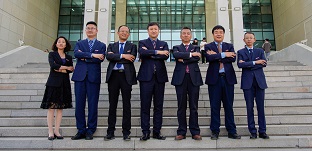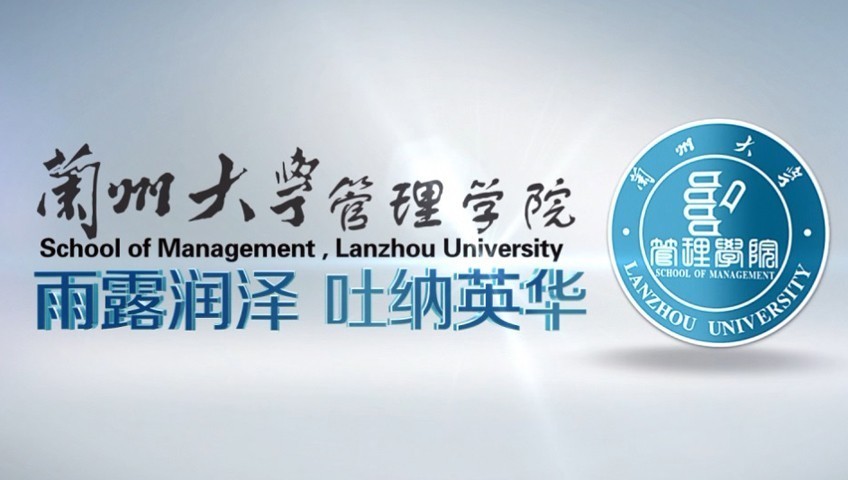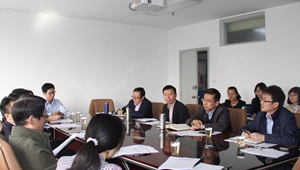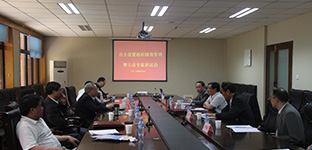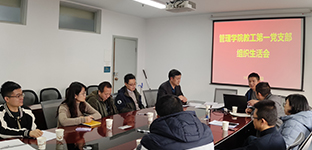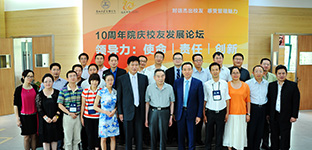Optimizing an emission trading scheme for local governments: A Stackelberg game model and hybrid algorithm
题目:Optimizing an emission trading scheme for local governments: A Stackelberg game model and hybrid algorithm
作者:
Zhaofu Hong(兰州大学/Lanzhou University)
Chengbin Chu(巴黎萨克雷大学/Université Paris-Saclay)
Linda Zhang(里尔天主教大学/ Catholic University of Lille)
Yugang Yu(中国科学技术大学/University of Science and Technology of China)
期刊 :
International Journal of Production Economics (影响因子:3.493)
英文摘要:
This study investigates a policy-making problem for a local government to implement an emission trading scheme by considering the interactive production decisions of firms in its administrative region. The market-based allowance trading price formed freely among the firms in the region is investigated by taking into account regional environmental bearing capacities. Under the scheme, the government sets the emission reduction target of the region and allocates tradable initial allowances to firms, and firms plan their production according to their allowances on hand. A Stackelberg game model is formulated to analyze the decisions of the government and firms aiming to maximize the social welfare of the region and maximize the profit of each firm. In view of the non-concavity and discreteness of the decision model for the government, we propose a hybrid algorithm to solve the game model efficiently. This algorithm consists of a polynomial time dynamic programming, binary search, and genetic algorithm. Results reveal that i) the Stackelberg game model greatly supports local governments' policy-making on the market-driven emission allowance trading scheme, and that ii) the social welfare is a great metric for policy-making decisions on environmental regulations. The market-driven emission trading scheme is an effective mechanism for local governments to induce emission reduction through green technology adoption by firms. However, governments should set their emission reduction targets appropriately because a tight or easy regulation policy significantly affects the environmental and economic benefits as well as the social welfare.
中文简介:
随着世界范围内的资源短缺、环境污染和气候变暖问题日益突出,环境问题得到了各国政府的关注,并制定相应的环境管制机制来解决或降低环境问题的影响,其中排放交易机制是各国/地区普遍采用的减排机制。虽然排放交易机制已被许多国家和地区,但是如何分配初始排放权的配额,以及排放权的交易价格如何确定,是实践中常见的问题,然而排放权交易价格的市场形成机制及其均衡价格的确定在理论上始终没有得到解决。
本文基于这一实践问题,研究了地方政府排放交易机制的构建和优化问题,从构建排放权市场交易机制角度,研究了初始排放权的分配问题,以及排放权的价格形成机制问题。针对政府和企业间的互动决策问题以及初始排放权分配问题,本文构建了Stackelberg博弈模型分析政府和企业的决策,其中政府是博弈的主导方,而各个企业为从方;针对排放权交易问题,本文创新性地从市场机制入手,运用Cournot竞争博弈模型分析了企业间排放权均衡交易价格的形成机制。
本研究将为政府排放交易机制的构建,特别是初始排放权的分配提供理论和实践决策支持;为排放权交易市场形成机制的优化及其均衡价格的分析提供决策支持。在理论方面,本研究运用博弈论的相关模型弥补了排放交易机制研究中,排放权交易价格的市场形成机制方面的研究不足,也为排放权均衡交易价格的求解和分析提供了方法。
网址链接: http://www.sciencedirect.com/science/article/pii/S0925527317302268


